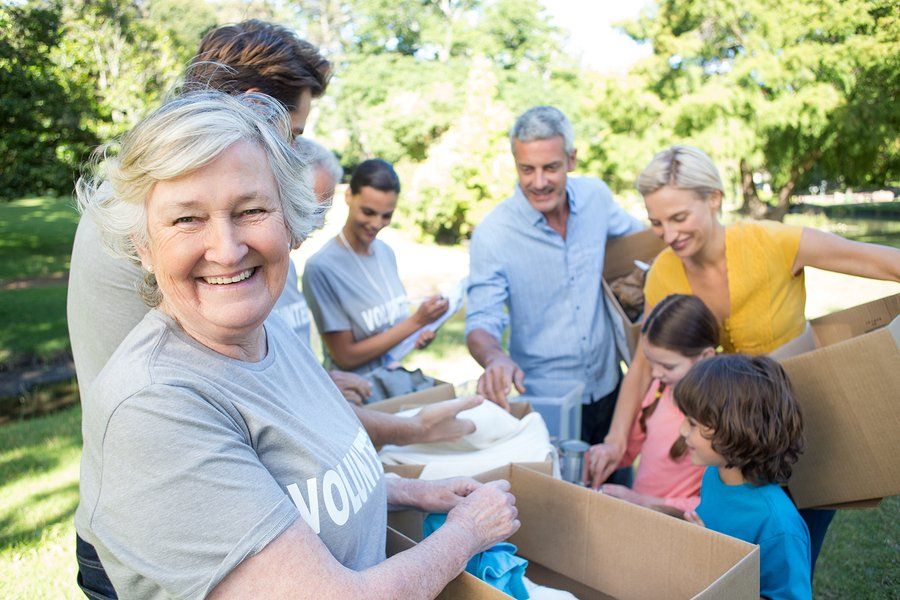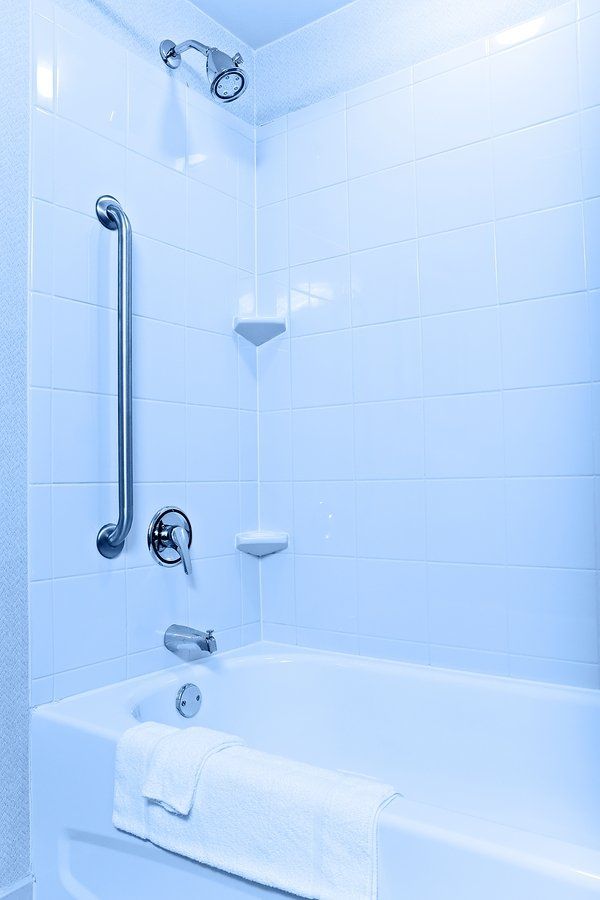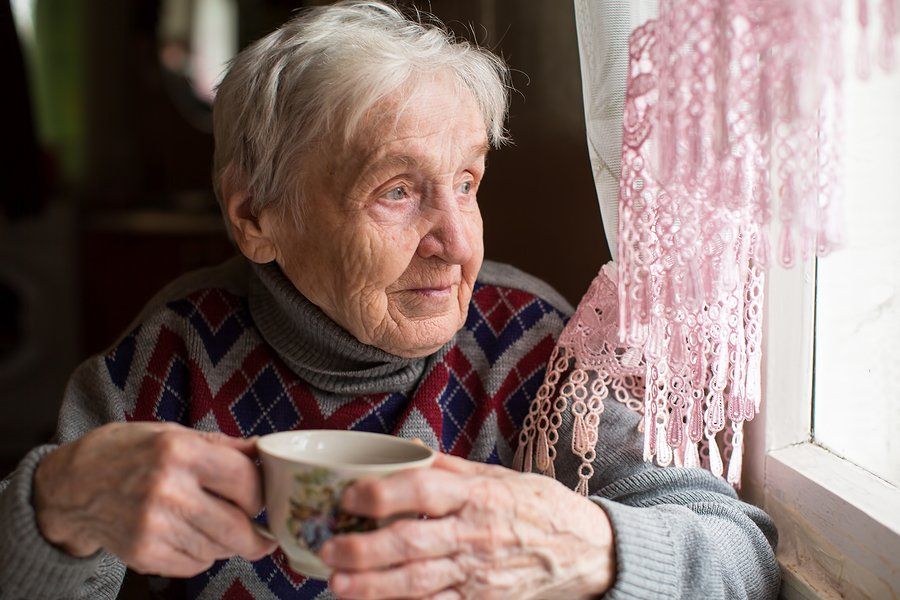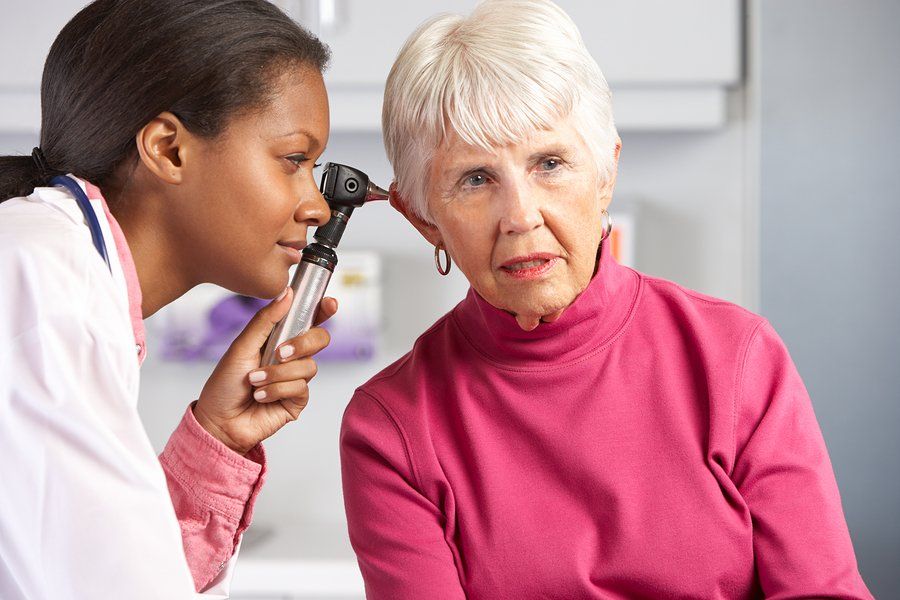The Risks and Rehabilitation of a Stroke
It happens suddenly and often without warning. Your loved one’s words become twisted and incomprehensible. Their arm becomes weak and their smile looks as if it is falling off to one side. They are having a stroke and you have a three hour window in which to get them a life-saving clot-busting drug, t-PA. You don’t hesitate—you call 9-1-1. Because of your quick response, your parent has an excellent recovery just three months later with no side effects.
This is a much different scenario than occurs for most of the 795,000 stroke victims a year in America. According to an article in NPR, only one-third of stroke victims are thought to be eligible for this wonder drug that restores blood flow and prevents much of the permanent damage. Of this number, fewer than five percent actually receive the drug. The three hour window is crucial because, if given too late, it raises the risk of brain hemorrhage. A European study revealed that half of stroke patients who received t-PA were left with no or few disabilities.
Limiting the Risk & Rehabilitation
The good news is that if your parent has experienced a stroke that has left them with disabilities, they may still show improvement. New medical procedures and techniques have dispelled the notion that strokes are untreatable. Better yet, as the medical communities understanding increases, it has been determined that reducing these risk factors can prevent more than half of all strokes.
- Stop smoking. Smoking doubles one’s risk of a stroke by injuring the arterial walls and hardening the arteries. For help for those over 60, check out the government sponsored website: SmokeFree 60+. This excellent resource offers tips, tools, suggestions and online support.
- Keep blood pressure, blood sugar and blood cholesterol in check. High blood pressure is the leading cause of strokes. It damages arterial walls and leads to the formation of clots. Blood sugar damages arteries and causes circulation problems. Excess cholesterol forms plaque on arterial walls, eventually leading to blood vessels that are completely blocked. If need be, change your lifestyle. Consider making small changes in your diet until you are eating foods similar to that described in the Mediterranean diet. Begin with a few 10 minute walks per day until you are exercising for at least 30 minutes at least 5 days per week.
If a stroke has occurred that has left its mark, know that improvement can often be achieved with rehabilitation. In fact, approximately 80 percent of all stroke survivors can be helped.
Caring for a Loved One
As a family caregiver, you will face challenges caring for a loved one following a stroke. Its sudden impact can leave family and friends uncertain of the next required steps. One person will need to be your parent’s medical advocate—obtaining all information from various health care professionals and relaying it to the rest of the family. If your parent needs rehabilitation and it has not been provided, the advocate’s voice could make the difference. If you have been deemed the primary family caregiver, you will need to coordinate home care as well as physical and possible speech therapy. Transportation and the completion of everyday tasks will need to be considered. Complete a written schedule so you can determine your parent’s needs and who can fill them. Consider family, friends, the community at large and home care providers. These professionals who can assist with everyday tasks and provide companionship, have cared for countless seniors facing the consequence of a stroke and the task of rehabilitation.
If you or an aging loved one are considering hiring a professional caregiver in Rockland, NY, contact Star One Home Care and Medical Staffing at 718-733-2222 or 914-362-0899. Call today!
Resources













